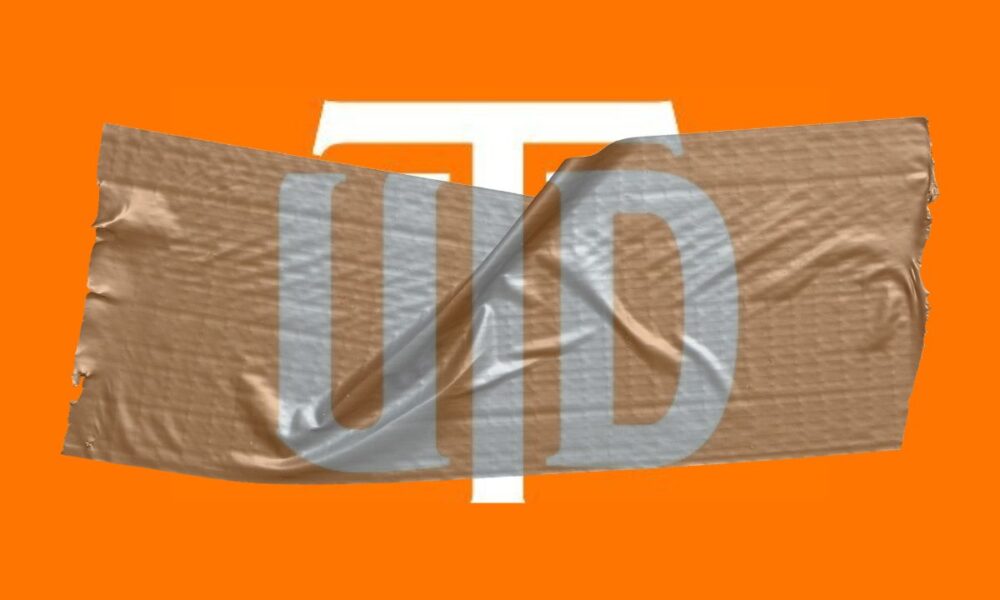The University of Texas at Dallas has landed among the worst colleges in the country for free speech, according to a national survey released September 9.
The Foundation for Individual Rights and Expression (FIRE) ranked UT Dallas 240th out of 257 universities, assigning it an “F” grade and an overall score of 50.16.
Angela Erickson, vice president of research at FIRE, told The Dallas Express that the low score stemmed largely from students’ lack of confidence in their administration’s commitment to free expression.
“The main issue that pulled UT Dallas down in the ranking is that the students don’t trust the administration to protect free speech on campus,” Erickson said. “Half of the students believe it is not likely that the administration would protect a speaker’s rights, whereas nationally only 3 in 10 students believe this.”
FIRE cited the administration’s handling of the student newspaper, The Mercury, as a flashpoint. The paper’s editor-in-chief was ousted in September 2024 following coverage of pro-Palestine protests, prompting the remaining staff to strike.
University officials defended the ouster by claiming that the editor violated student bylaws by holding multiple student jobs, causing budget overruns and obstructing the administration, KERA reported at the time.
Weeks later, all ten remaining staff were fired, and students launched an independent publication, The Retrograde.
UT Dallas administrators then banned The Retrograde’s 43 newsracks in August 2025, a move FIRE condemned as “unconstitutional viewpoint discrimination.”
Student comments collected in the survey reflected a sense of distrust.
One respondent said in a comment shared by FIRE with DX, “Last year, protests about the Israeli-Palestine conflict were being shut down by the police and students and even a teacher were being arrested for peacefully assembling on campus.”
Local police claimed people were coming in from other counties to break laws at the protests, KERA reported.
Another student in FIRE’s survey pointed to the removal of “spirit rocks” where students painted messages, adding, “Regardless of the reasons why, these are two big events that impacted our freedom of speech.”
The Texas Standard previously reported that staffers at The Mercury accused administrators of prior review and retaliation over coverage of protests. In one incident, at least 20 people, including a faculty member, were arrested at a May 2024 encampment at Chess Plaza.
While UTD’s performance was poor, it was not alone.
Every Texas university surveyed earned a grade of “D” or “F.”
The top-ranked Texas public school was the University of Texas at El Paso, which placed 42nd nationally with a score of 65.53, also a “D.”
Texas A&M ranked 47th, as it is currently facing its own free speech controversy after a video of a classroom confrontation sparked national debate, The Dallas Express reported.
Selected FIRE Rankings of Texas Universities
| Rank | School | Score | Climate Grade | Students Surveyed | Public/Private |
|---|---|---|---|---|---|
| 42 | University of Texas, El Paso | 65.53 | D | 157 | Public |
| 47 | Texas A&M University | 63.75 | D | 299 | Public |
| 56 | University of Texas, Arlington | 62.72 | D | 417 | Public |
| 62 | University of Texas, San Antonio | 61.72 | D- | 335 | Public |
| 84 | Southern Methodist University * | 59.71 | D- | 154 | Private |
| 102 | Texas Tech University | 58.95 | F | 316 | Public |
| 112 | Texas State University | 58.22 | F | 296 | Public |
| 167 | University of Texas, Austin | 56.03 | F | 365 | Public |
| 200 | University of North Texas | 54.03 | F | 213 | Public |
| 203 | University of Houston | 53.94 | F | 274 | Public |
| 235 | Rice University * | 50.64 | F | 300 | Private |
| 240 | University of Texas, Dallas | 50.16 | F | 291 | Public |
*Private University
Smaller Texas higher education institutions, such as Sam Houston State and Lamar University, were not included in the survey.
Nationally, Southern universities dominated the top 25, although most received only middling grades. The No. 1 school was Claremont McKenna College in California, which managed only a B- rating.
Notably, UT Dallas scored lower than the University of California, Berkeley. Berkeley was once considered the birthplace of the free speech movement, but became associated with left-wing protests and the cancellation of political speakers, including Ann Coulter, in the 2010s.
FIRE found troubling trends among UT Dallas students themselves. Seven in ten respondents said it was acceptable to shout down a speaker, up sharply from just over half in 2021. More than half said blocking others from attending a speech was permissible, and 35% endorsed the use of violence to stop a speaker.
A total of 257 schools were included in the survey, which FIRE bills as the nation’s most comprehensive assessment of student attitudes toward free expression.
FIRE is a free speech organization founded in 1999. The organization’s website states, “FIRE has become the nation’s leading defender of fundamental rights on college campuses through our unique mix of programming, including student and faculty outreach, public education campaigns, individual case advocacy, and policy reform efforts.”


